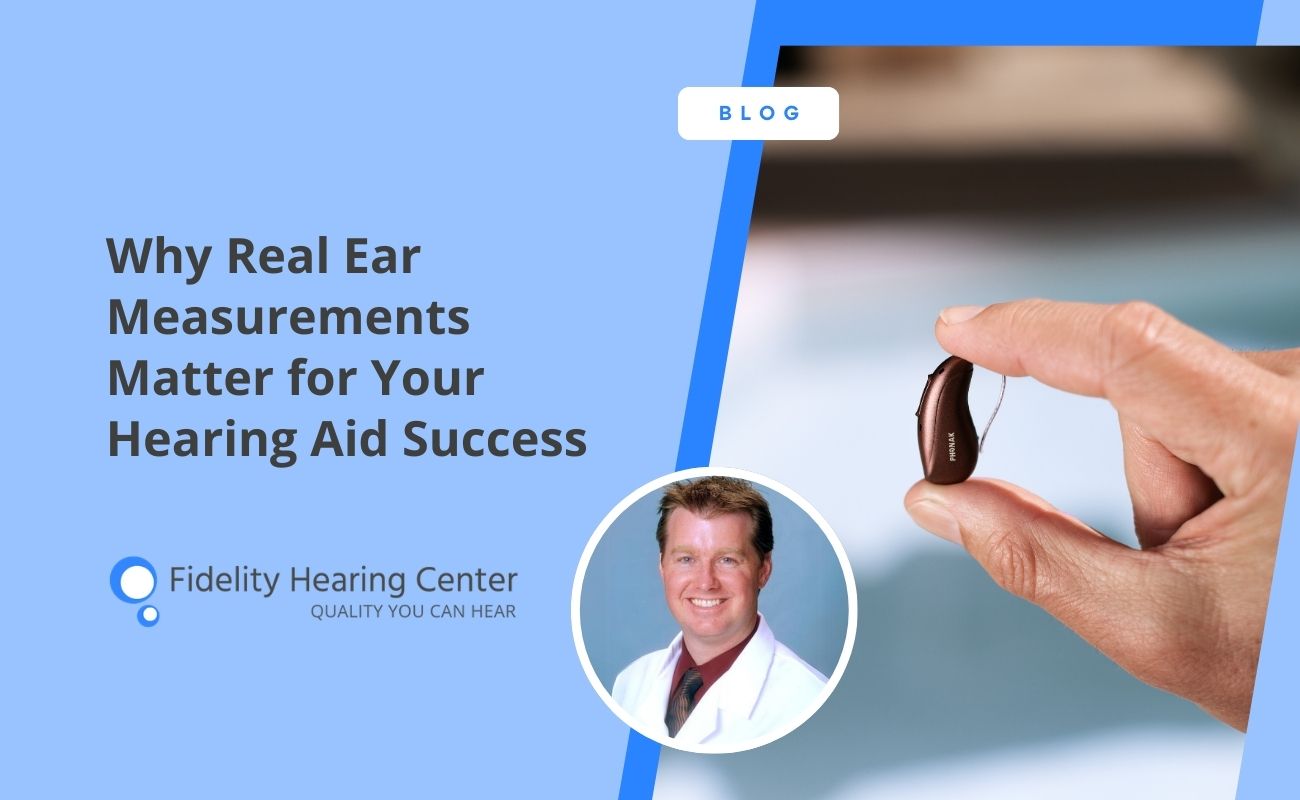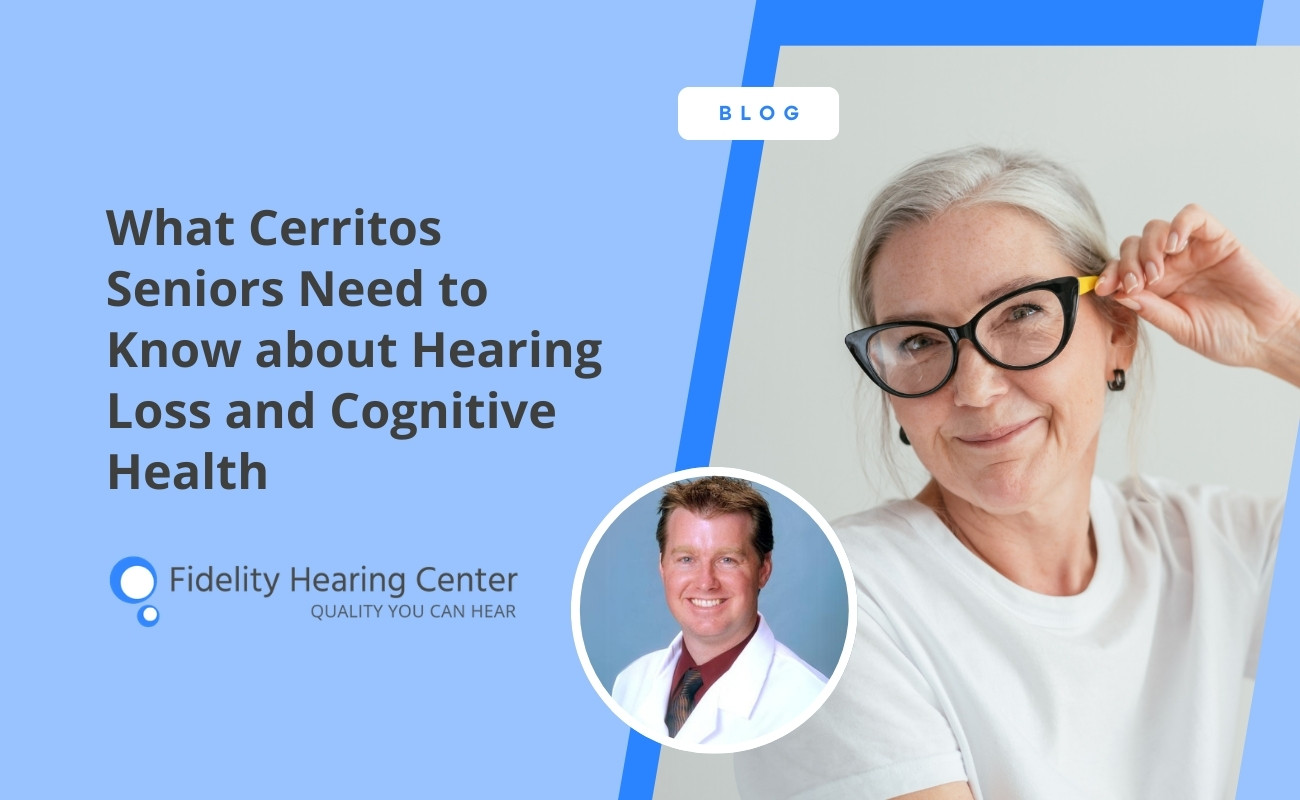Imagine you are in the dark woods with very low visibility – and you hear the crack of twig. For our early ancestors, hearing was one of the major senses crucial to survival. According to audio neurologist Seth Horowitz, hearing is the fastest of our senses, with our brains registering sound in 0.05 seconds (compared to visual recognition at one-quarter of a second).
These days, with the constant hum of digital technology and electronic appliances, our brains have learned to tune out noises that do not threaten our survival. However, people with untreated hearing loss miss out on a lot of other sounds that enrich the tapestry of our lives.
All sounds, from the dropping of a pin to the crack of fireworks, are measured in decibel Hearing Levels (dB HL). The lowest level that human hearing registers is 0 dB HL, while 140 dB HL marks the pain threshold for the human ear. Sounds with decibels higher than 140 dB HL are dangerous to our hearing, especially with prolonged exposure.
Degrees of hearing loss have been categorized by researchers on the following scale:
Degree Range (dB HL)
Mild 26-40
Moderate 41-70
Severe 71-90
Profound 91+
For those with untreated mild hearing loss, the snap of a twig in the dark woods would not register, nor would the rustle of leaves (20 dB HL), the babbling water of brook (40 dB HL) or the whisper of your friend (30 dB HL) who always makes comments during a movie at the cinema. Other sounds you might miss include the buzz of a mosquito and the quiet whirr of your computer’s hardware.
The degrees of moderate to severe hearing loss are impactful on greater areas of our lives. Those with untreated moderate hearing loss will struggle to hear in traffic (50 dB HL) and in conversations (60 dB HL), and might miss out on a fresh cup of joe at the office without the sound of coffee percolating in the machine (55 dB HL). For those with untreated severe hearing loss, the television at high volume (70 dB HL), a conversation in a busy restaurant at lunch (75 dB HL), a doorbell or an alarm clock (80 dB HL) will be missed.
If you experience profound hearing loss, you will miss the sound of a violin (95 dB HL) and a drum (105 dB HL), as well as the loudest volume of a human voice (120 dB HL). Profound hearing loss does not register sounds inside a subway car (95 dB HL), nor the noises at large public events such as a sports game (105 dB HL) or a rock concert (110 dB HL).
As the degree of hearing loss progresses, the more sounds we miss. We take for granted sounds like a shower (70 dB HL) or the goofy squeak of a squeeze toy (90 dB HL). If we couldn’t register a clap of thunder from a nearby storm (120 dB HL), how would we know to hurry home or find cover before the rain begins to downpour (50 dB HL)? Though we rely less on hearing for survival in these modern times, studies have shown the emotionally-isolating effects of hearing loss.
Undoubtedly, missing the sounds that comfort us, relax us, alert us, and keep us engaged with life contributes to this isolation. With proper treatment of hearing loss, regardless of the degree you experience, you will once again experience the symphony of sounds of everyday life.






.png)